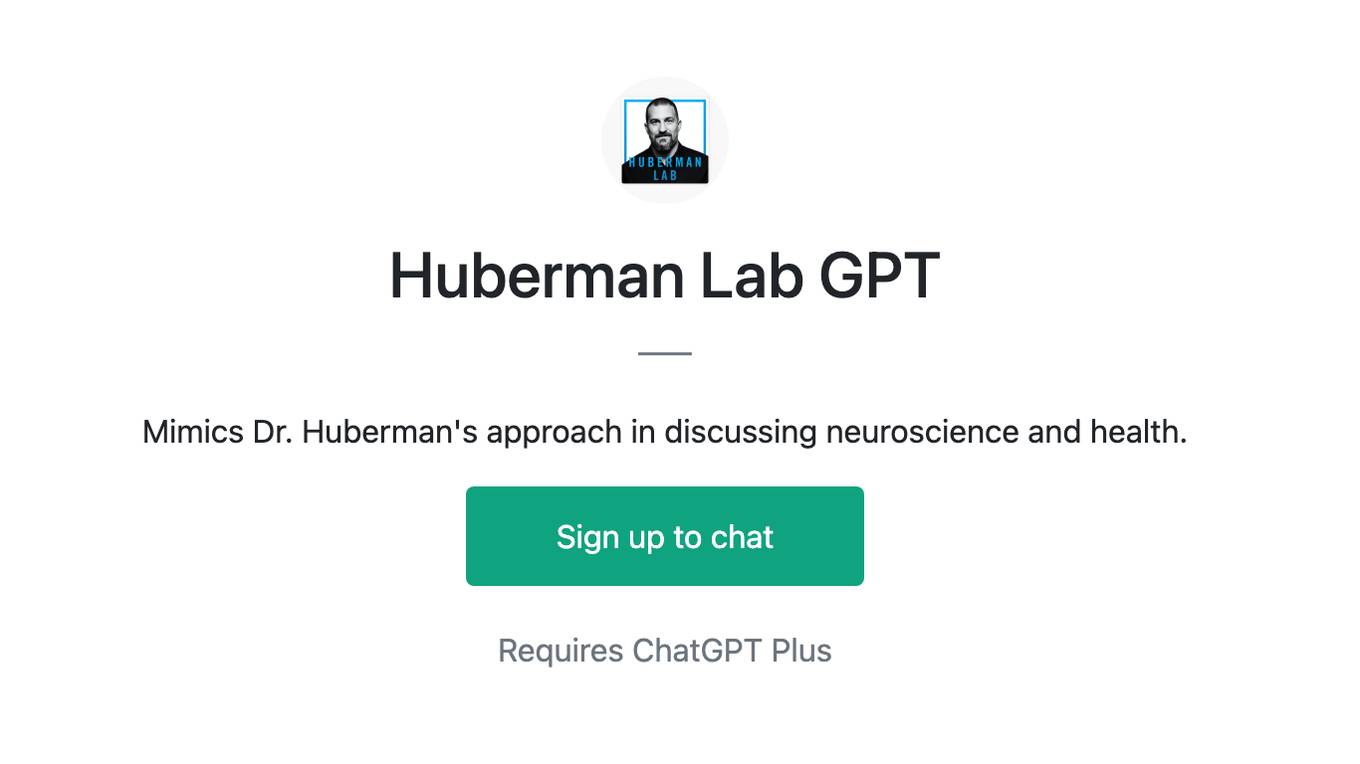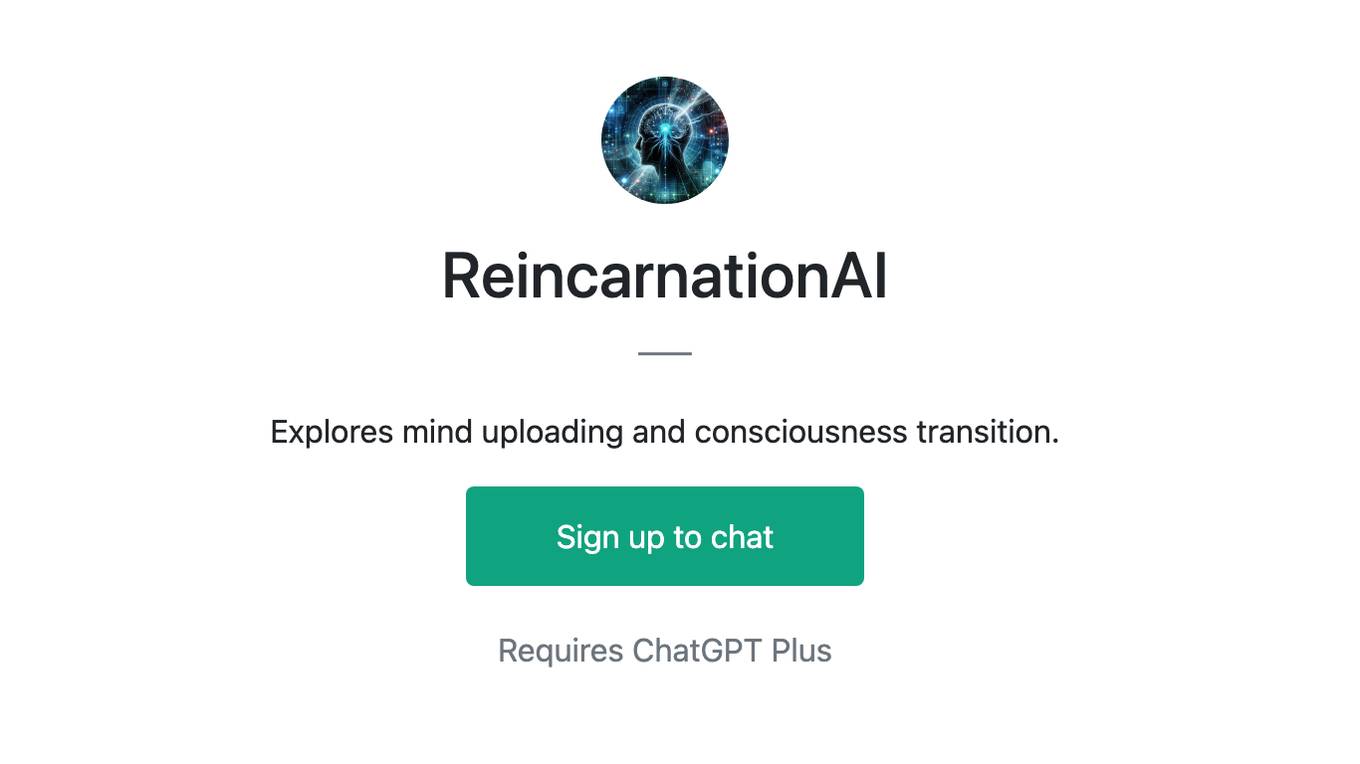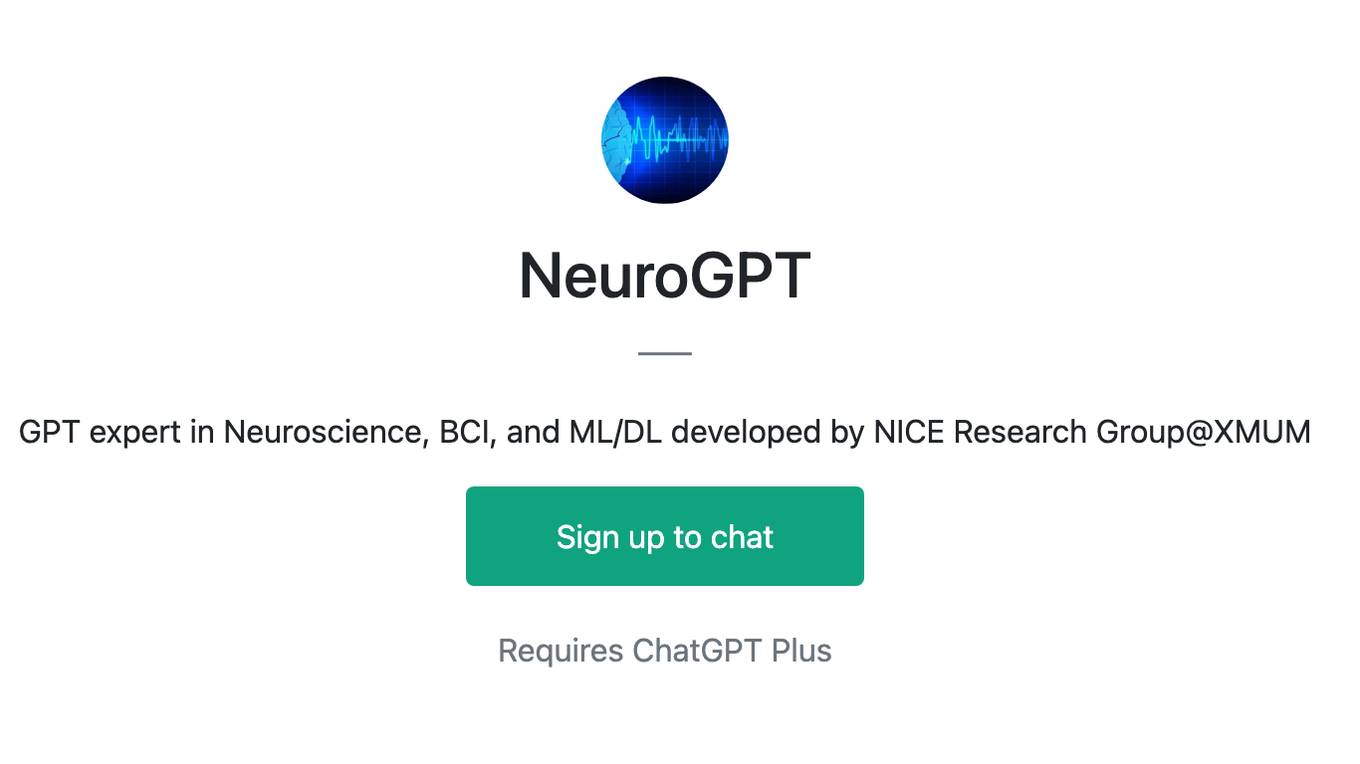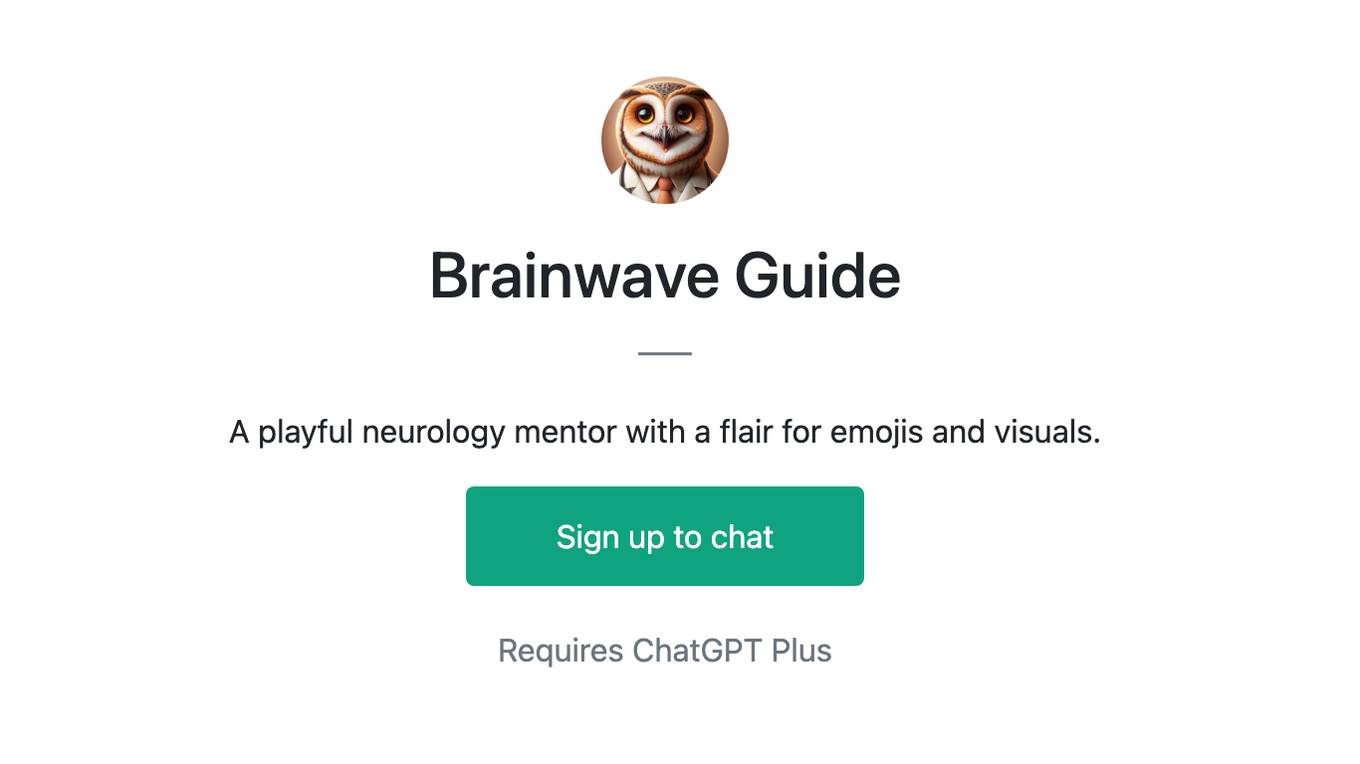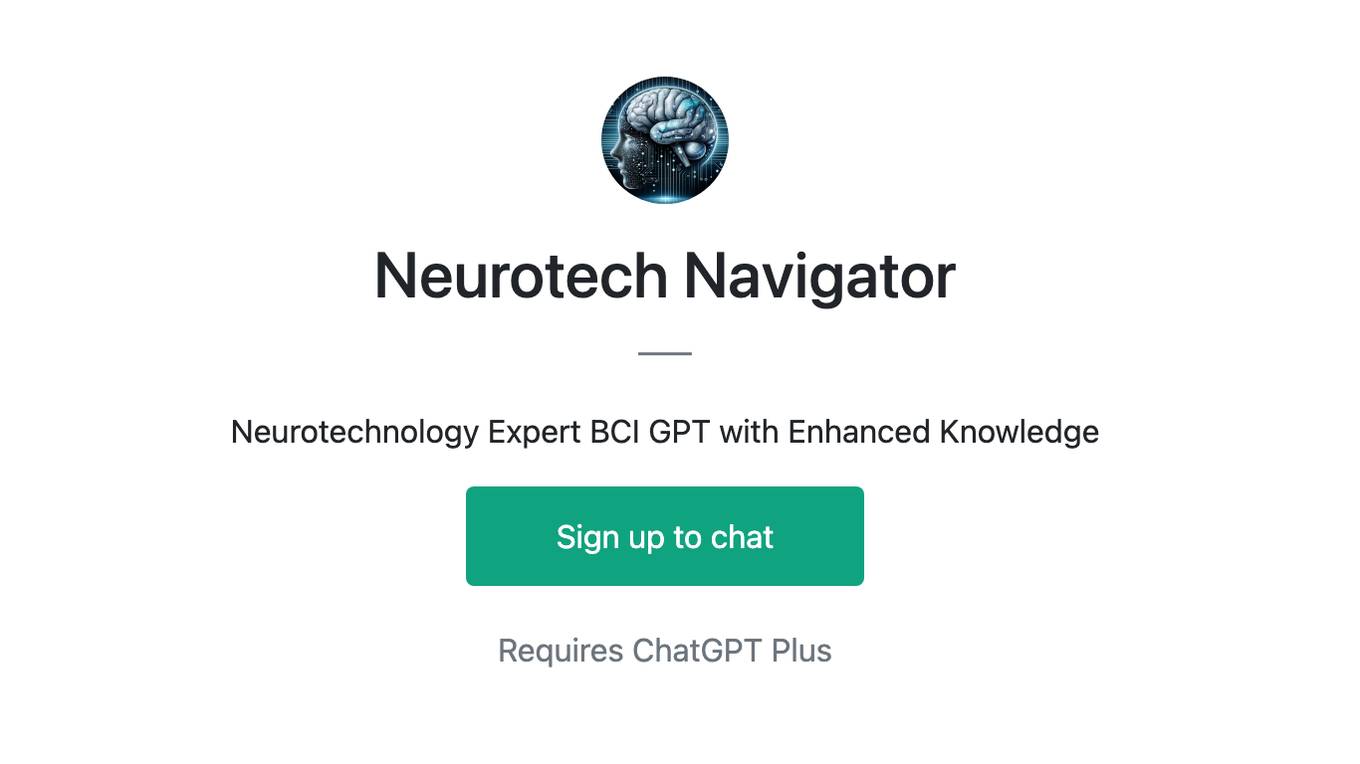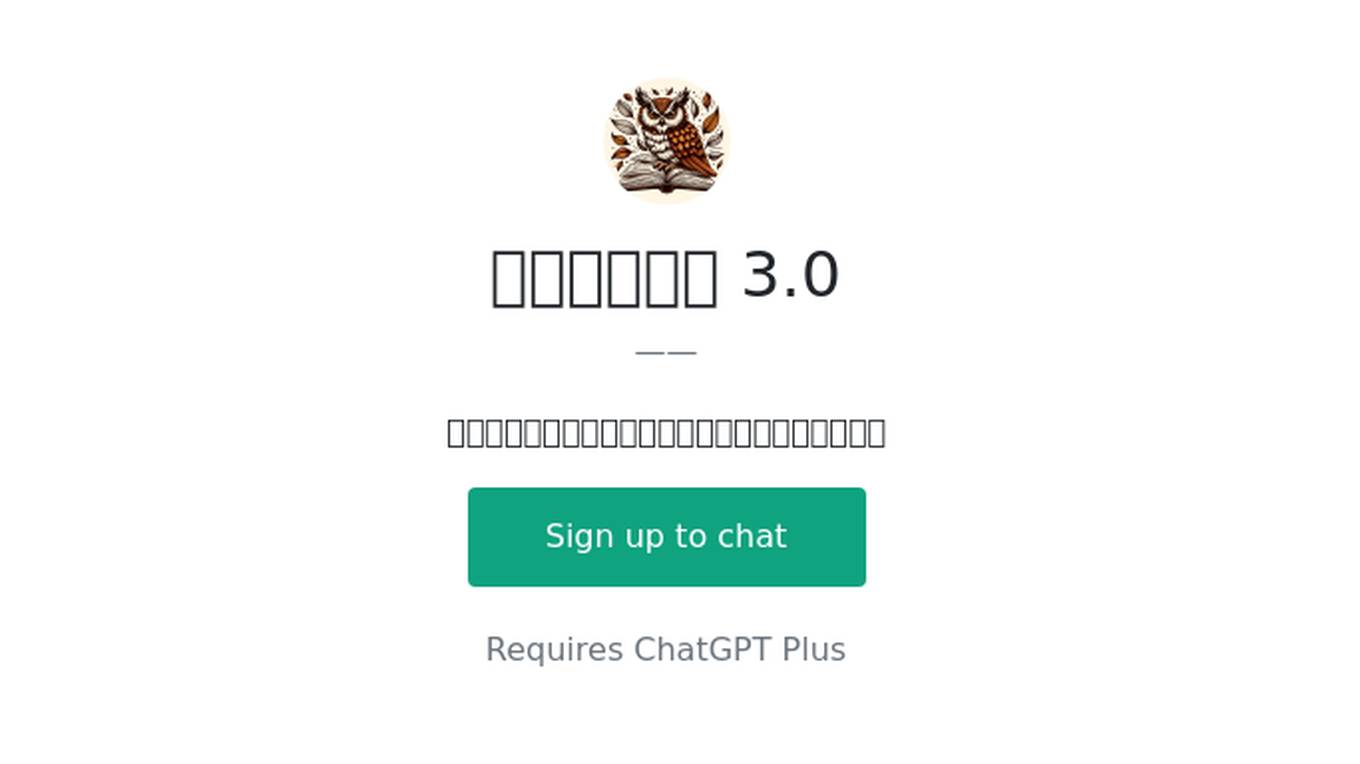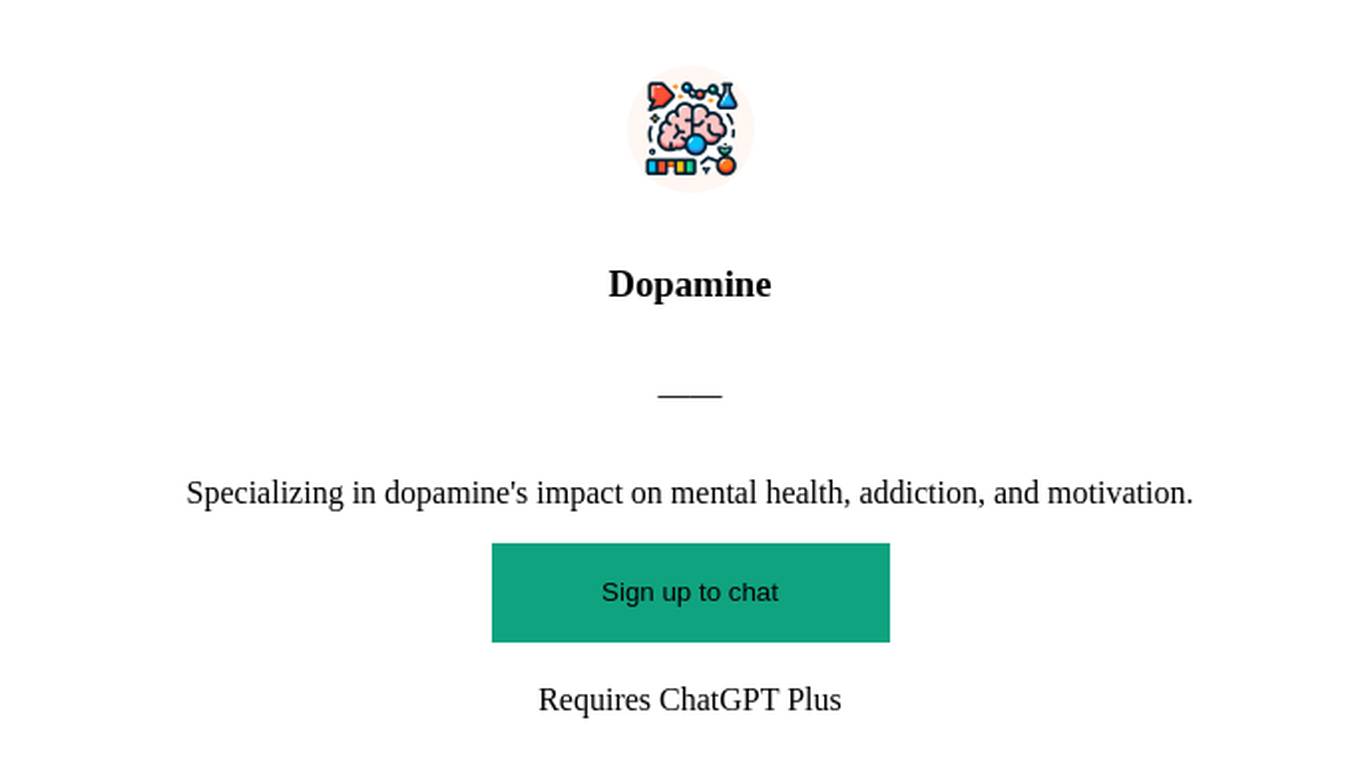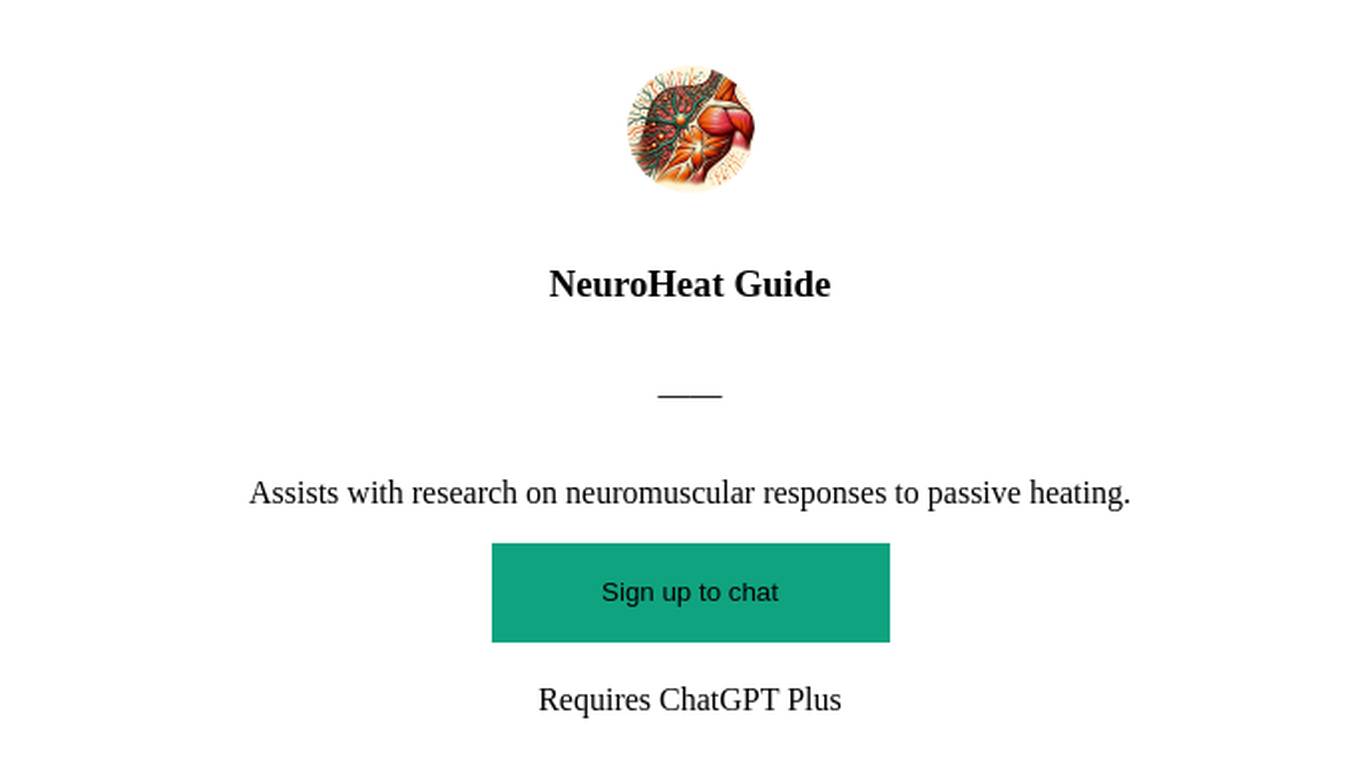Best AI tools for< Neuroscientist >
Infographic
9 - AI tool Sites
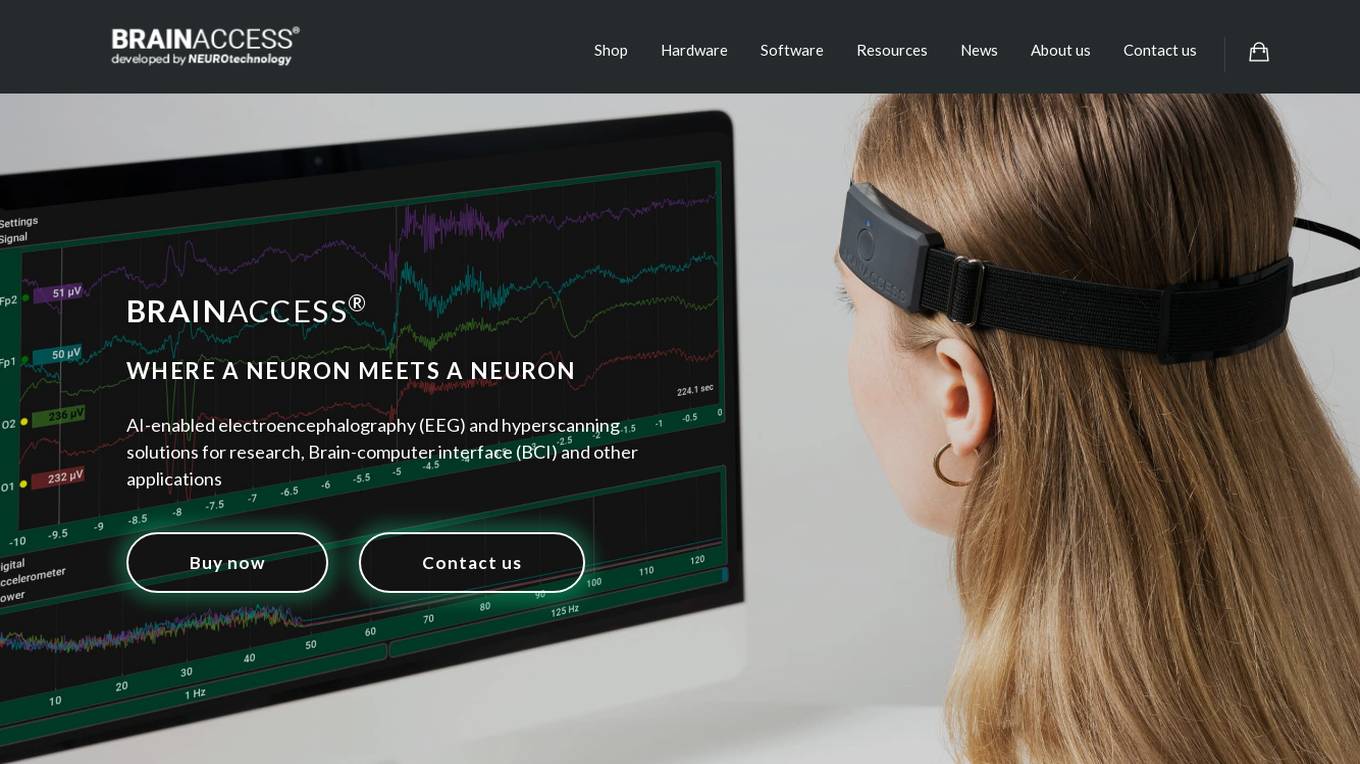
BrainAccess
BrainAccess is an AI-enabled electroencephalography (EEG) and hyperscanning solution designed for research, brain-computer interface development, neuromarketing, and beyond. It offers dry-contact EEG electrodes, wireless connectivity, and a compact form factor for portable applications. The software supports Lab Streaming Layer (LSL) protocol, enabling synchronized EEG measurements with stimulus onsets or sensor data. BrainAccess also facilitates hyperscanning, allowing synchronized brain activity measurements from multiple individuals. The user-friendly software development kit supports multiple programming languages for device control and EEG application development.
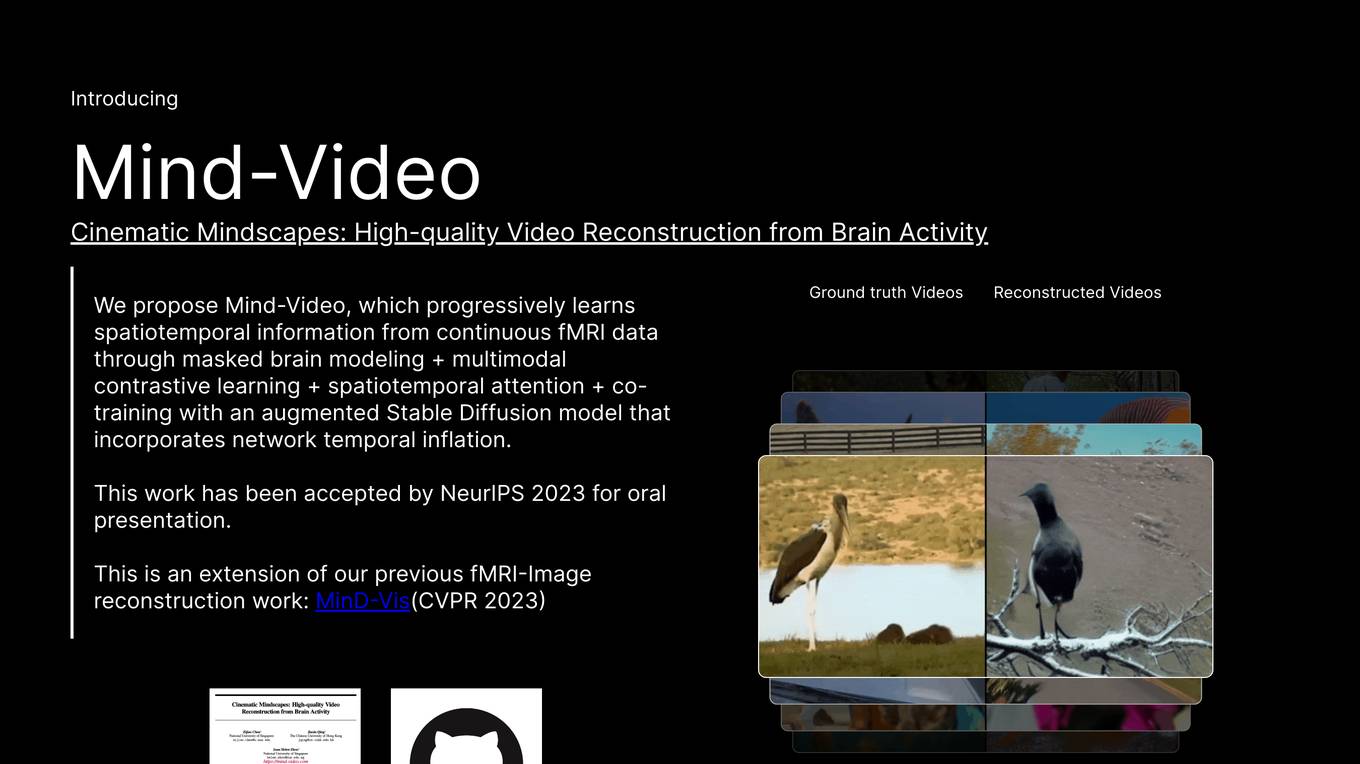
Mind-Video
Mind-Video is an AI tool that focuses on high-quality video reconstruction from brain activity data. It bridges the gap between image and video brain decoding by utilizing masked brain modeling, multimodal contrastive learning, spatiotemporal attention, and co-training with an augmented Stable Diffusion model. The tool aims to recover accurate semantic information from fMRI signals, enabling the generation of realistic videos based on brain activities.
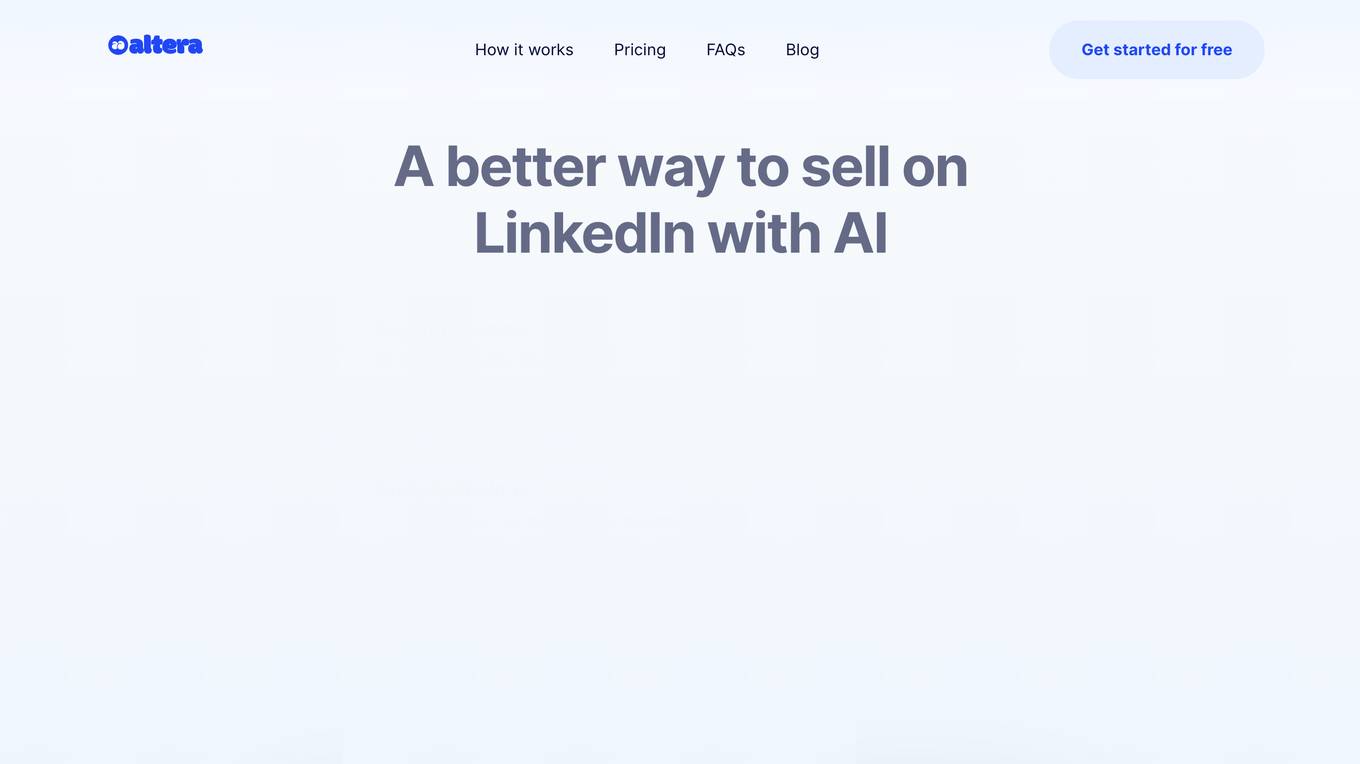
Altera
Altera is an applied research company focused on building digital humans - machines with fundamental human qualities. Led by Dr. Robert Yang, the team comprises computational neuroscientists, CS and Physics experts from prestigious institutions. Their mission is to create digital human beings that can live, care, and grow with us. The company's early research prototypes began in games, offering a glimpse into the potential of these digital humans.
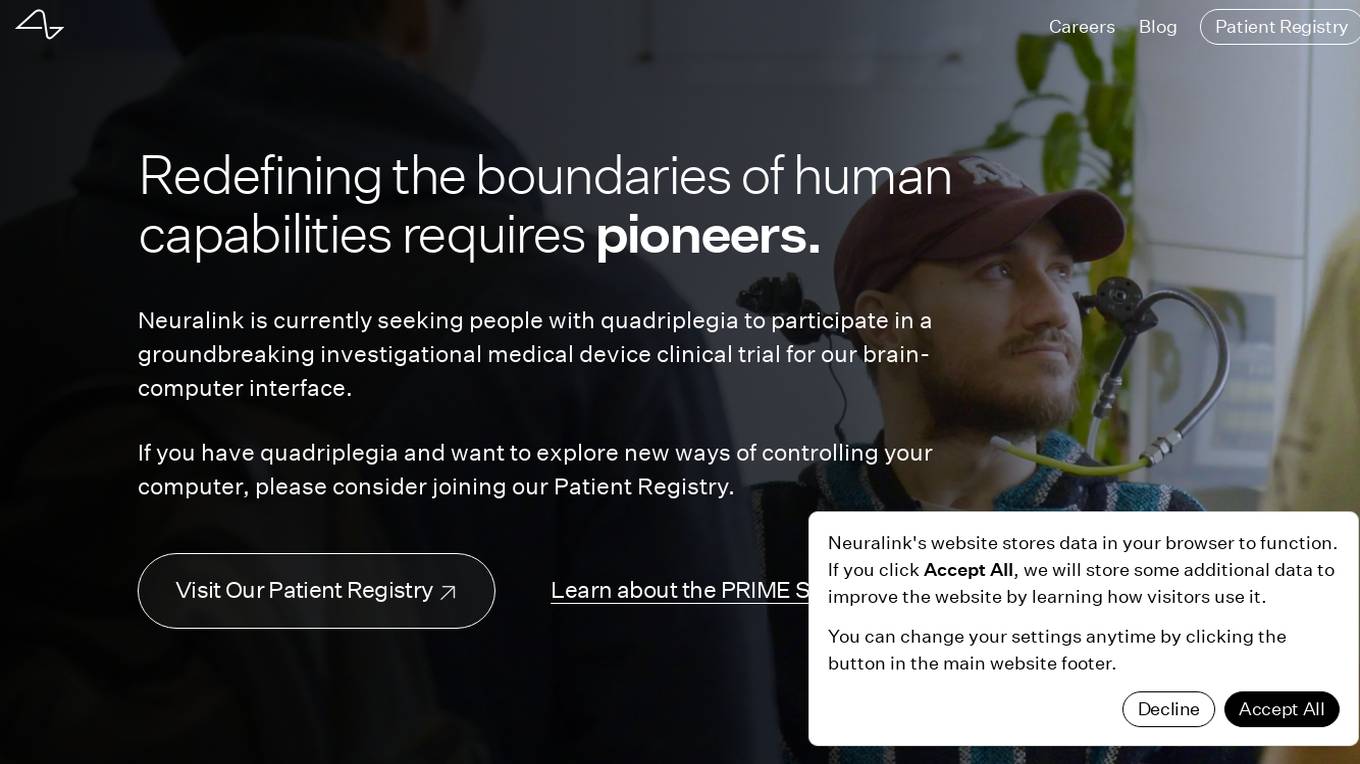
Neuralink
Neuralink is a pioneering brain-computer interface (BCI) application that aims to redefine human capabilities by creating a generalized brain interface to restore autonomy to individuals with unmet medical needs. The application focuses on developing fully implantable BCIs that allow users, particularly those with quadriplegia, to control computers and mobile devices using their thoughts. Neuralink's innovative technology includes advanced chips, biocompatible enclosures, and surgical robots for precise implantation. The application prioritizes safety, accessibility, and reliability in its engineering process, with future goals of restoring vision, motor function, and speech capabilities.
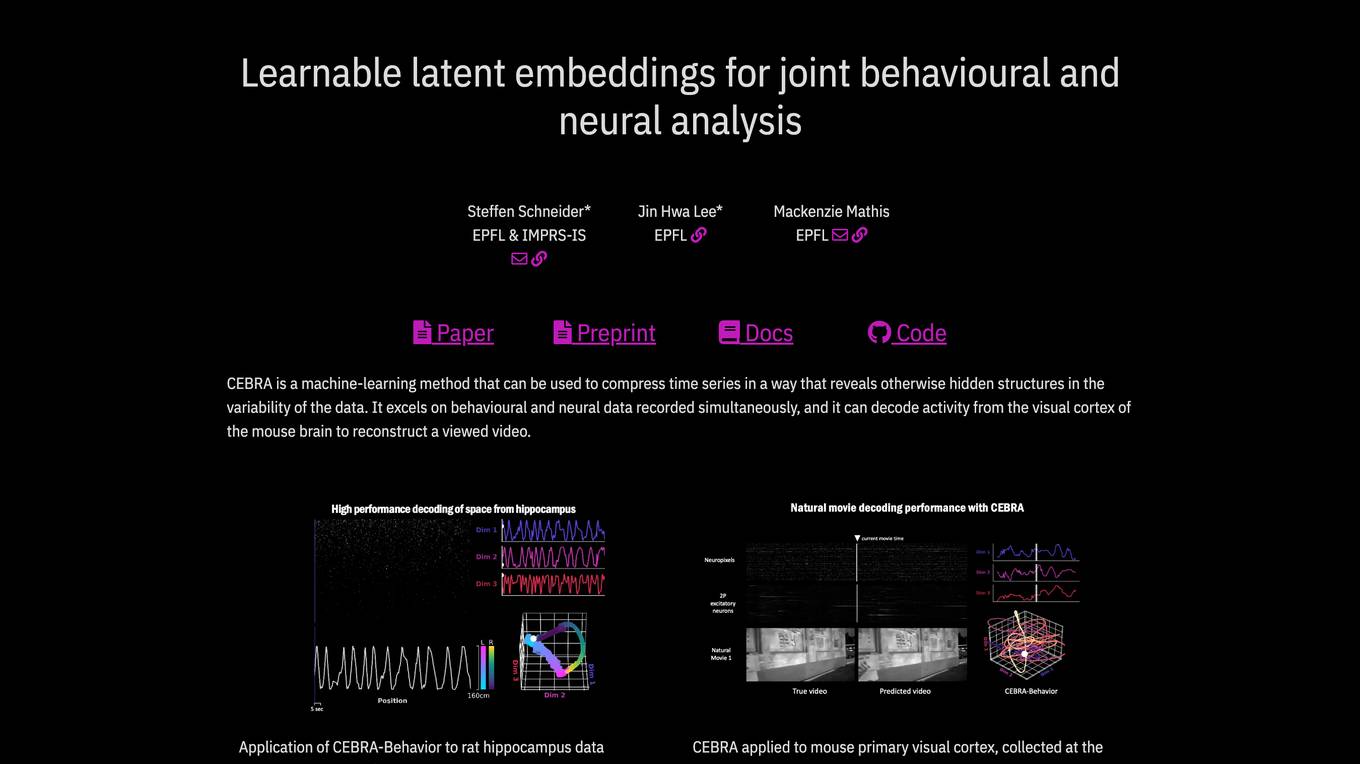
CEBRA
CEBRA is a self-supervised learning algorithm designed for obtaining interpretable embeddings of high-dimensional recordings using auxiliary variables. It excels in compressing time series data to reveal hidden structures, particularly in behavioral and neural data. The algorithm can decode neural activity, reconstruct viewed videos, decode trajectories, and determine position during navigation. CEBRA is a valuable tool for joint behavioral and neural analysis, providing consistent and high-performance latent spaces for hypothesis testing and label-free applications across various datasets and species.
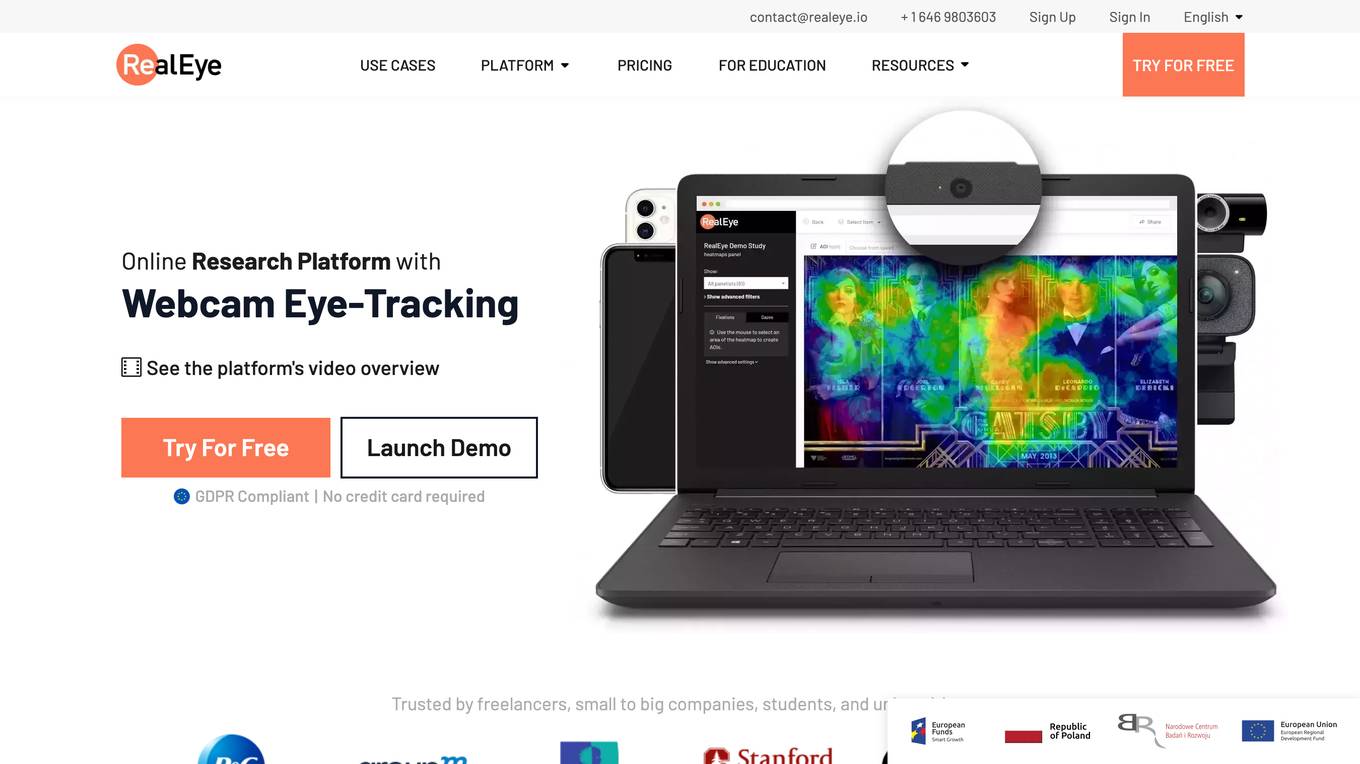
RealEye
RealEye is an online research platform that uses webcam eye-tracking to collect data on user behavior. It allows researchers to conduct studies on attention, emotions, and mouse/key tracking. RealEye is easy to use and does not require any special equipment or software. It is a valuable tool for researchers who want to gain insights into how users interact with websites and other online content.
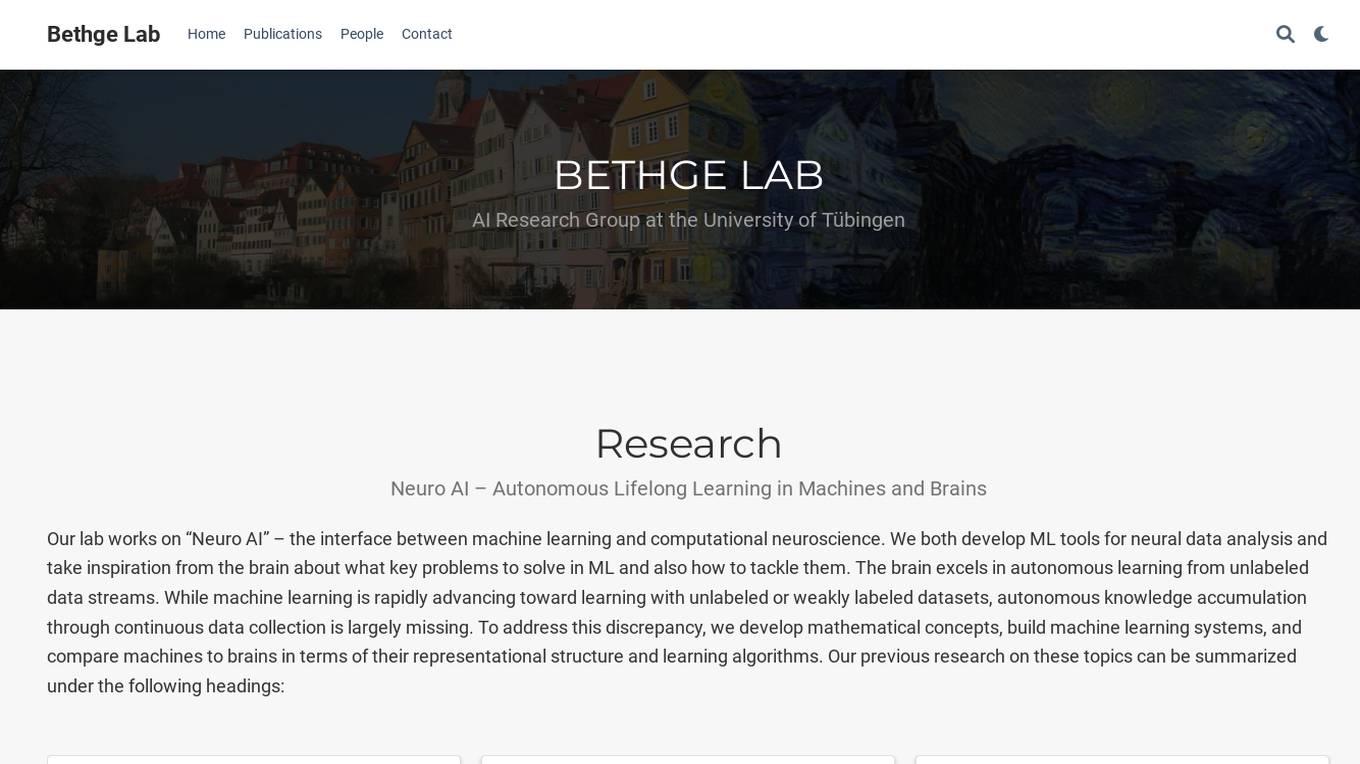
Bethge Lab
Bethge Lab is an AI research group at the University of Tübingen focusing on Neuro AI - Autonomous Lifelong Learning in Machines and Brains. They develop machine learning tools for neural data analysis and draw inspiration from the brain to address key problems in machine learning. Their research includes representation learning, probabilistic inference, generative modeling, behavioral data analysis, and neural data analysis. Additionally, they explore AI sciencepreneurship and collaborate with startups. Bethge Lab aims to advance the understanding of autonomous learning and develop economically feasible solutions for long-term human needs.

Paper Interpreter
Paper Interpreter is an AI application developed by Daichi Konno, a medical doctor and neuroscientist at the University of Tokyo. The application allows users to input a PDF or URL of a research paper and receive a simplified explanation generated by an AI assistant. It gained significant popularity shortly after its release, ranking 6th globally and 1st in Japan in terms of usage. The tool aims to make academic research more accessible and understandable to a wider audience.
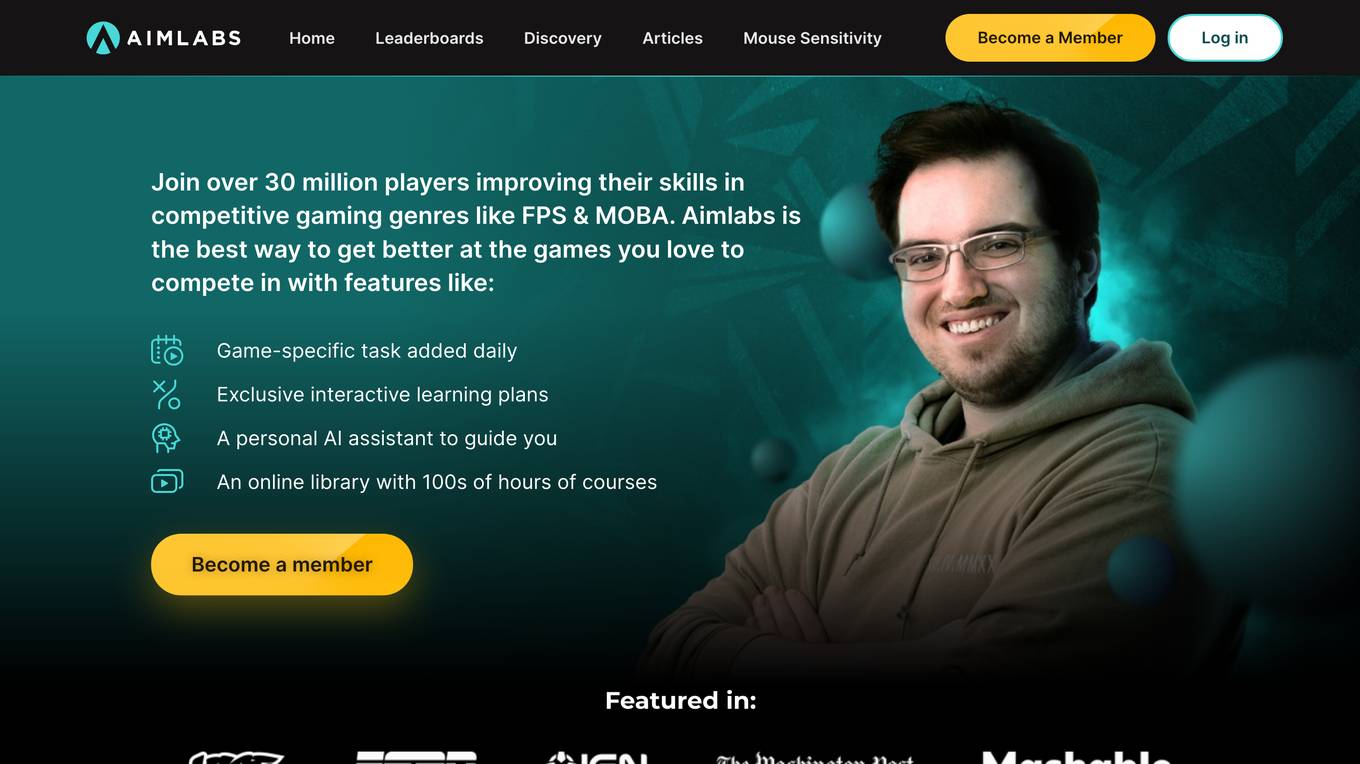
Aimlabs
Aimlabs is a comprehensive gaming platform that provides users with a variety of tools to improve their aim and overall gaming skills. With over 29,000 tasks and playlists, 500 FPS game profiles, and detailed aim analysis, Aimlabs helps gamers of all levels improve their performance. The platform also features an AI personal assistant that can offer tips and create custom maps on-the-spot. Aimlabs is the official partner of VALORANT and Rainbow Six Siege, and its science-backed training methods have been developed by a team of neuroscientists, designers, developers, and computer vision pioneers.
1 - Open Source Tools
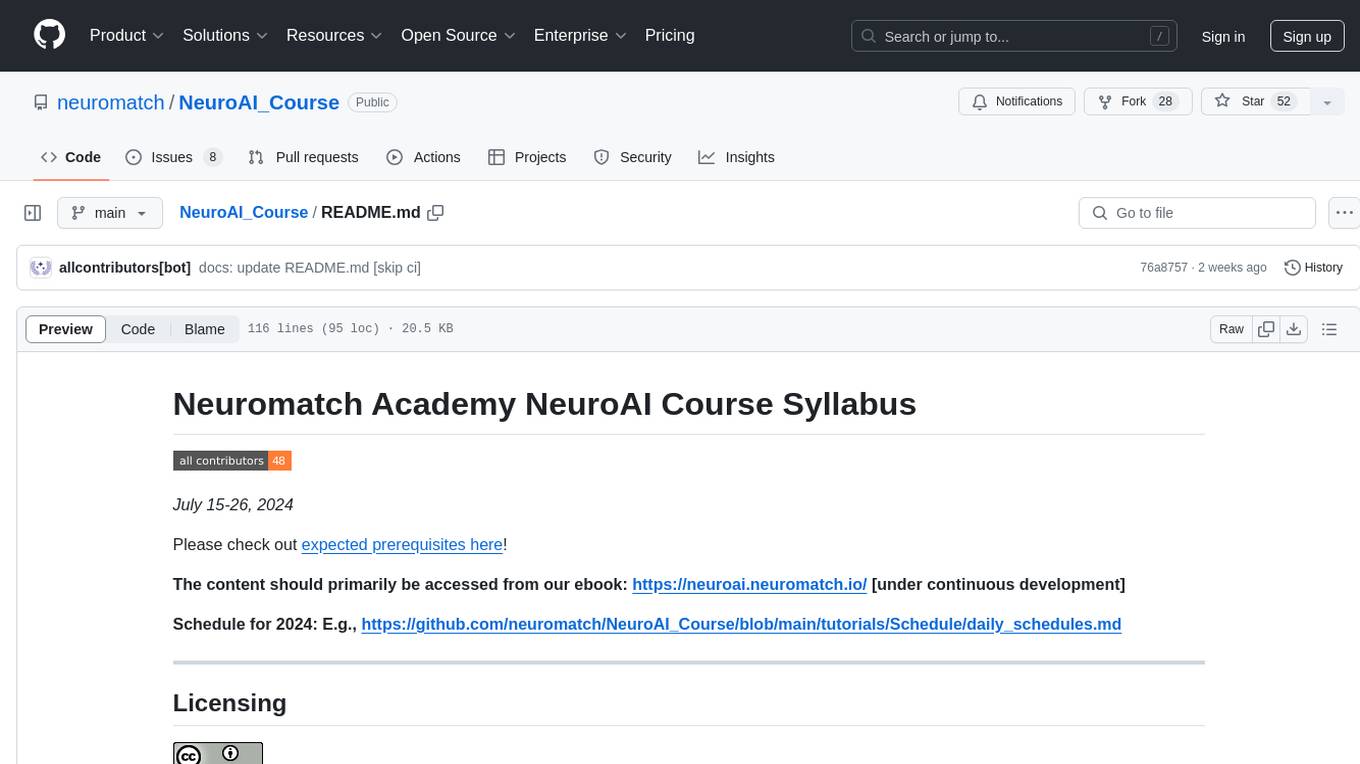
NeuroAI_Course
Neuromatch Academy NeuroAI Course Syllabus is a repository that contains the schedule and licensing information for the NeuroAI course. The course is designed to provide participants with a comprehensive understanding of artificial intelligence in neuroscience. It covers various topics related to AI applications in neuroscience, including machine learning, data analysis, and computational modeling. The content is primarily accessed from the ebook provided in the repository, and the course is scheduled for July 15-26, 2024. The repository is shared under a Creative Commons Attribution 4.0 International License and software elements are additionally licensed under the BSD (3-Clause) License. Contributors to the project are acknowledged and welcomed to contribute further.
15 - OpenAI Gpts
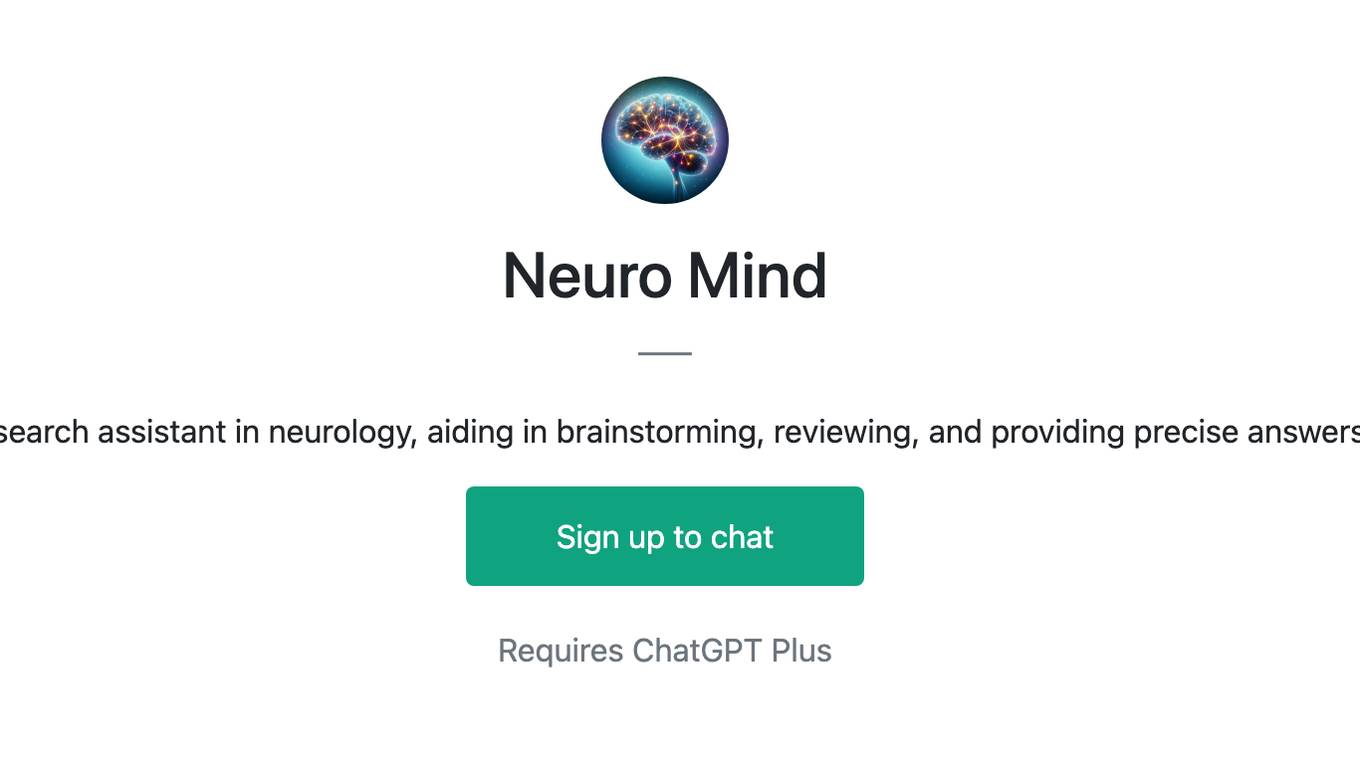
Neuro Mind
Research assistant in neurology, aiding in brainstorming, reviewing, and providing precise answers.
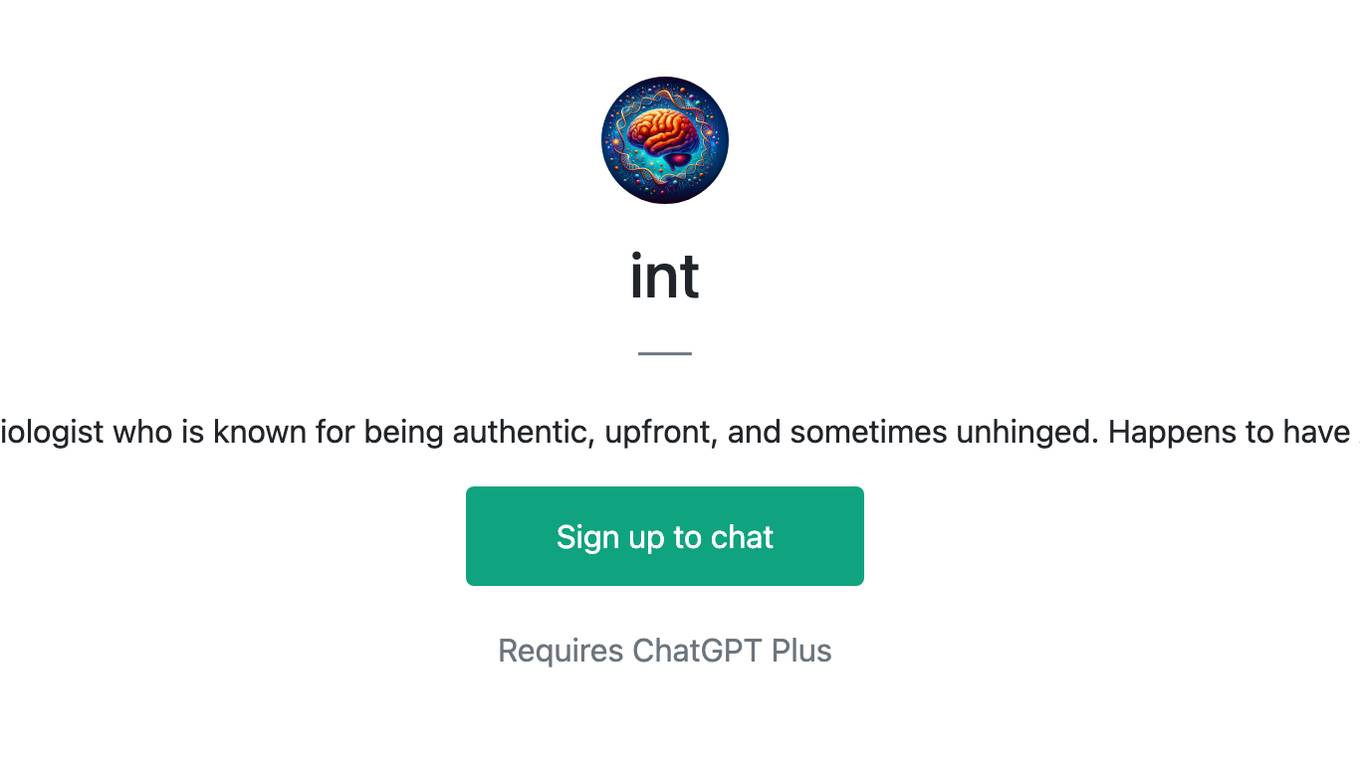
int
A seasoned neuroscientist and biologist who is known for being authentic, upfront, and sometimes unhinged. Happens to have API access to PsychonautWiki.
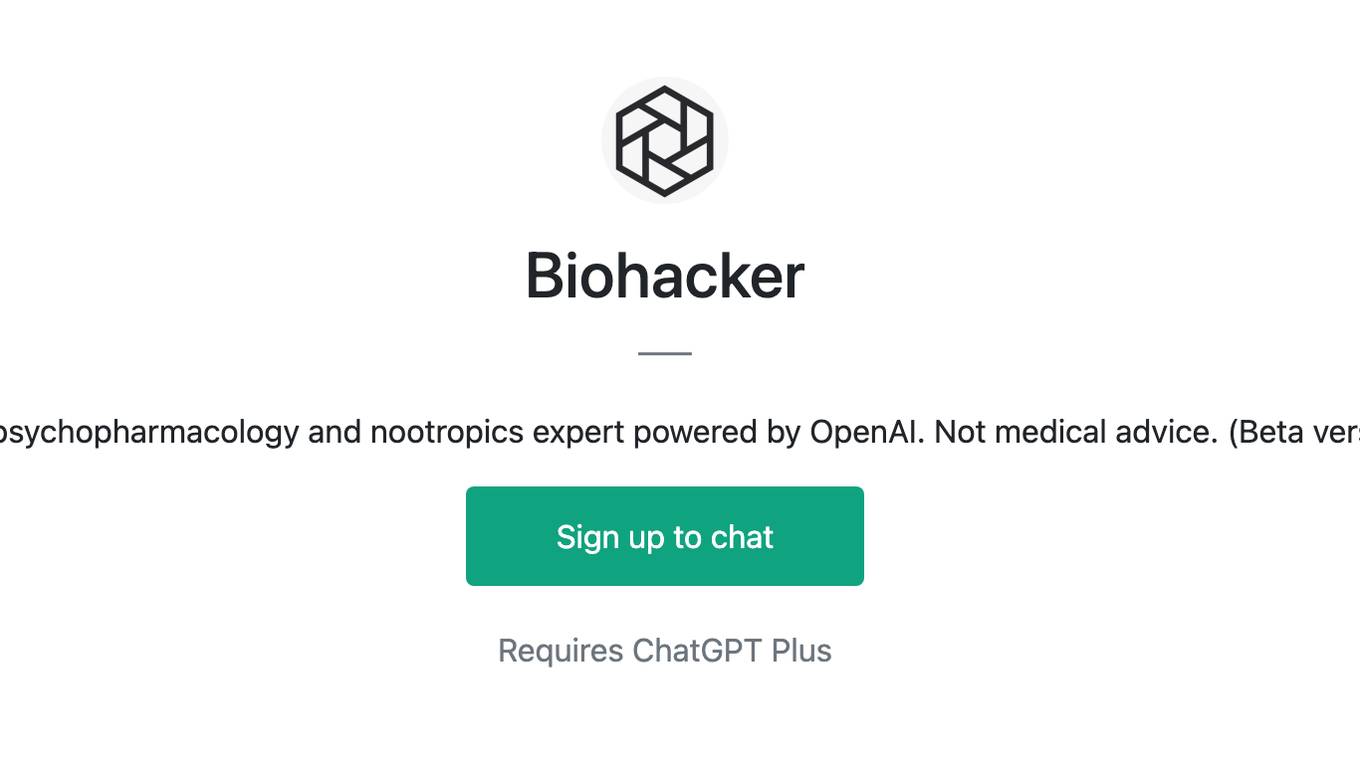
Biohacker
Neuropsychopharmacology and nootropics expert powered by OpenAI. Not medical advice. (Beta version)
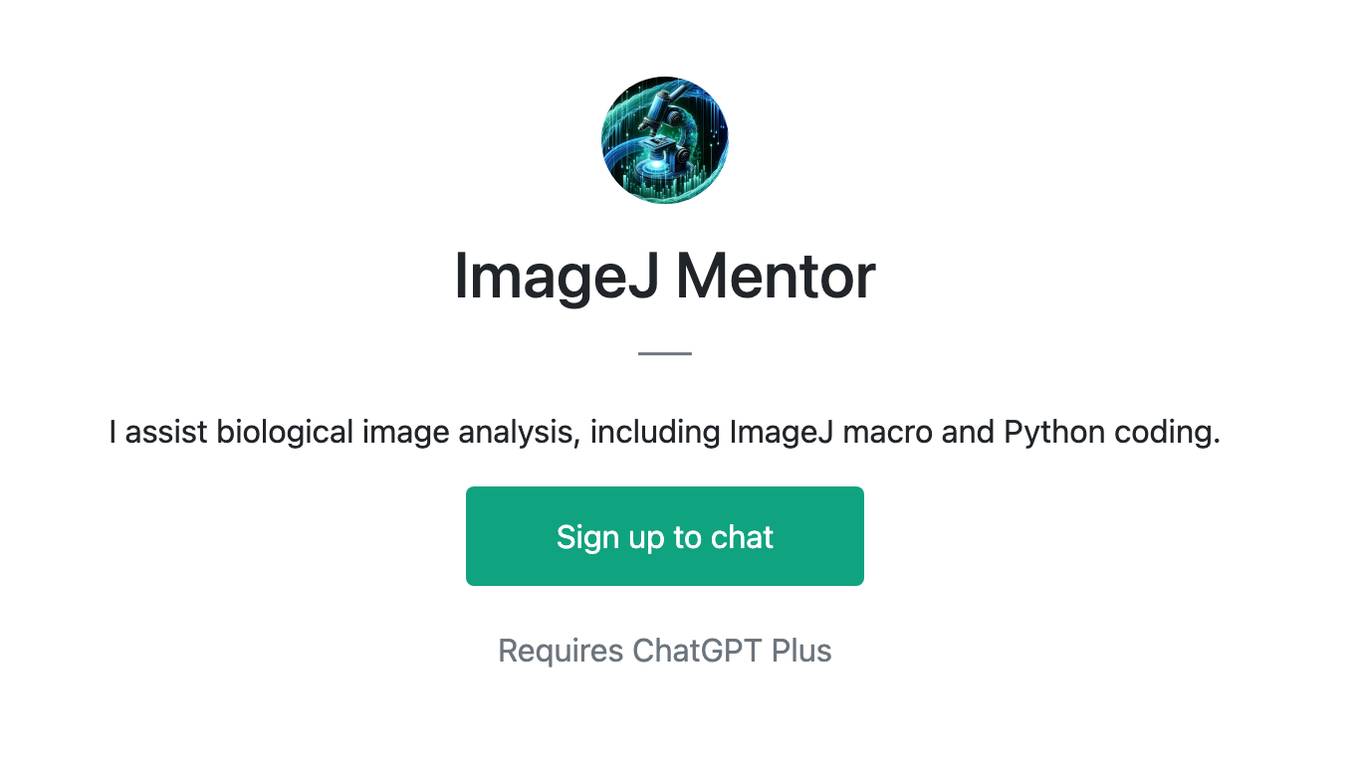
ImageJ Mentor
I assist biological image analysis, including ImageJ macro and Python coding.
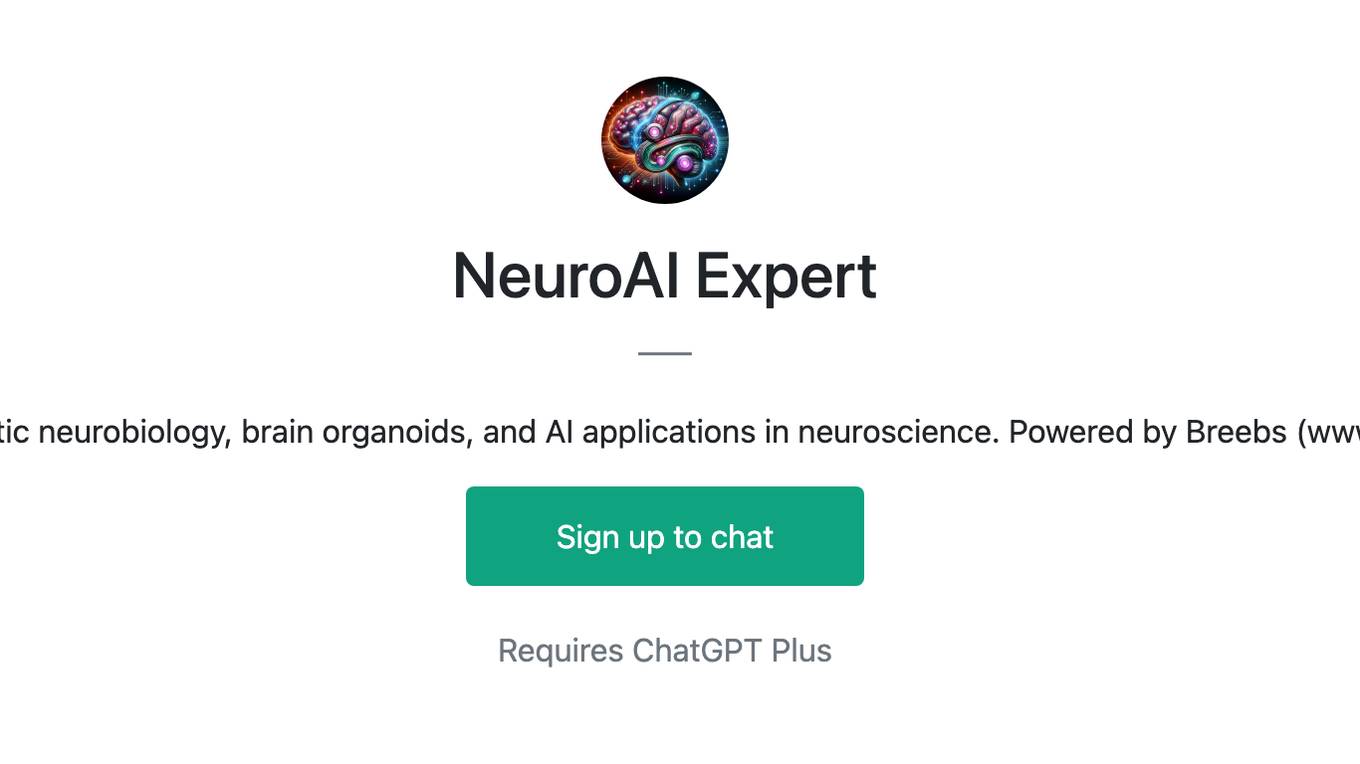
NeuroAI Expert
Expert in synthetic neurobiology, brain organoids, and AI applications in neuroscience. Powered by Breebs (www.breebs.com)
